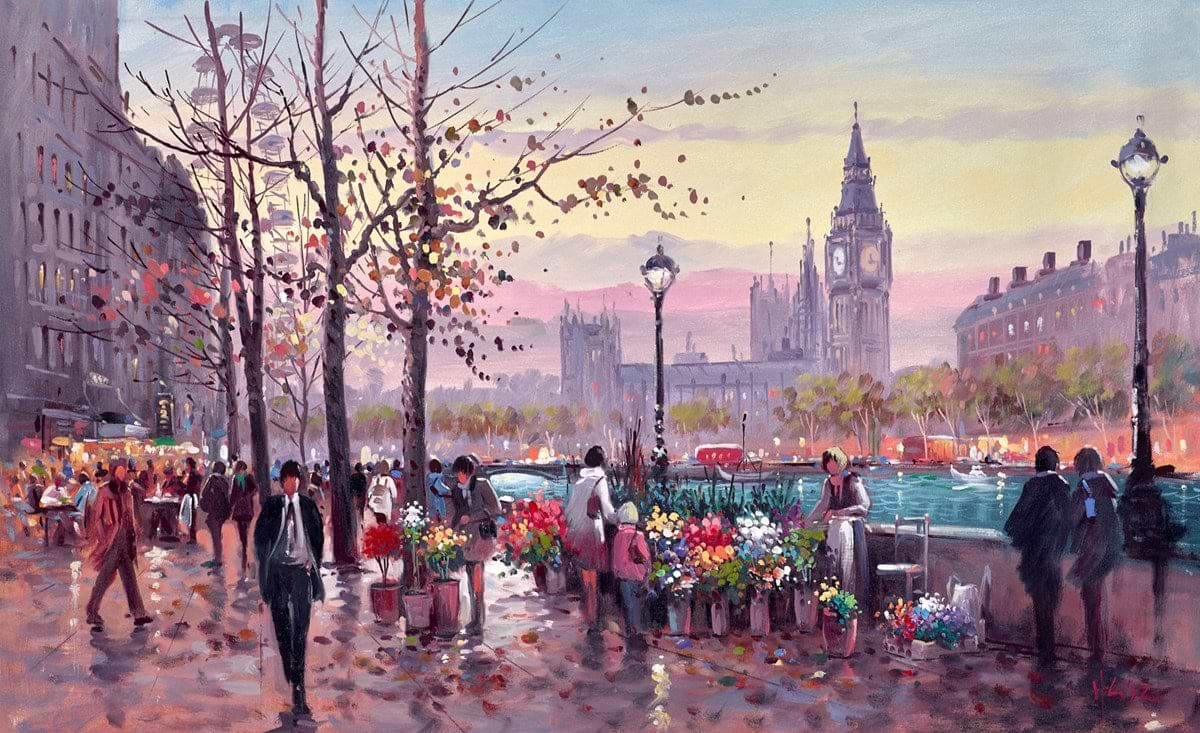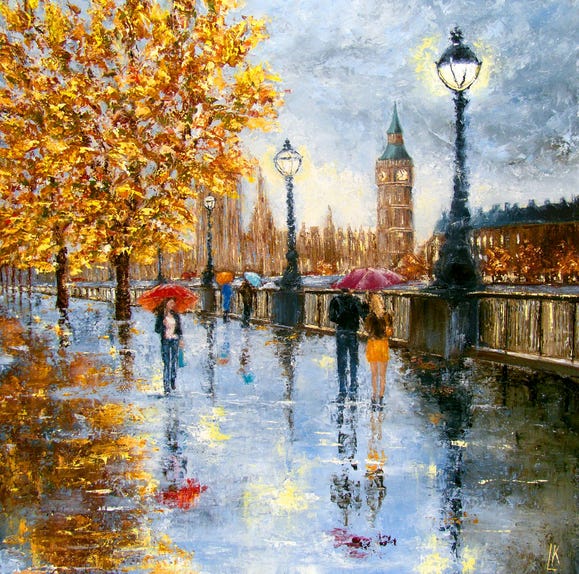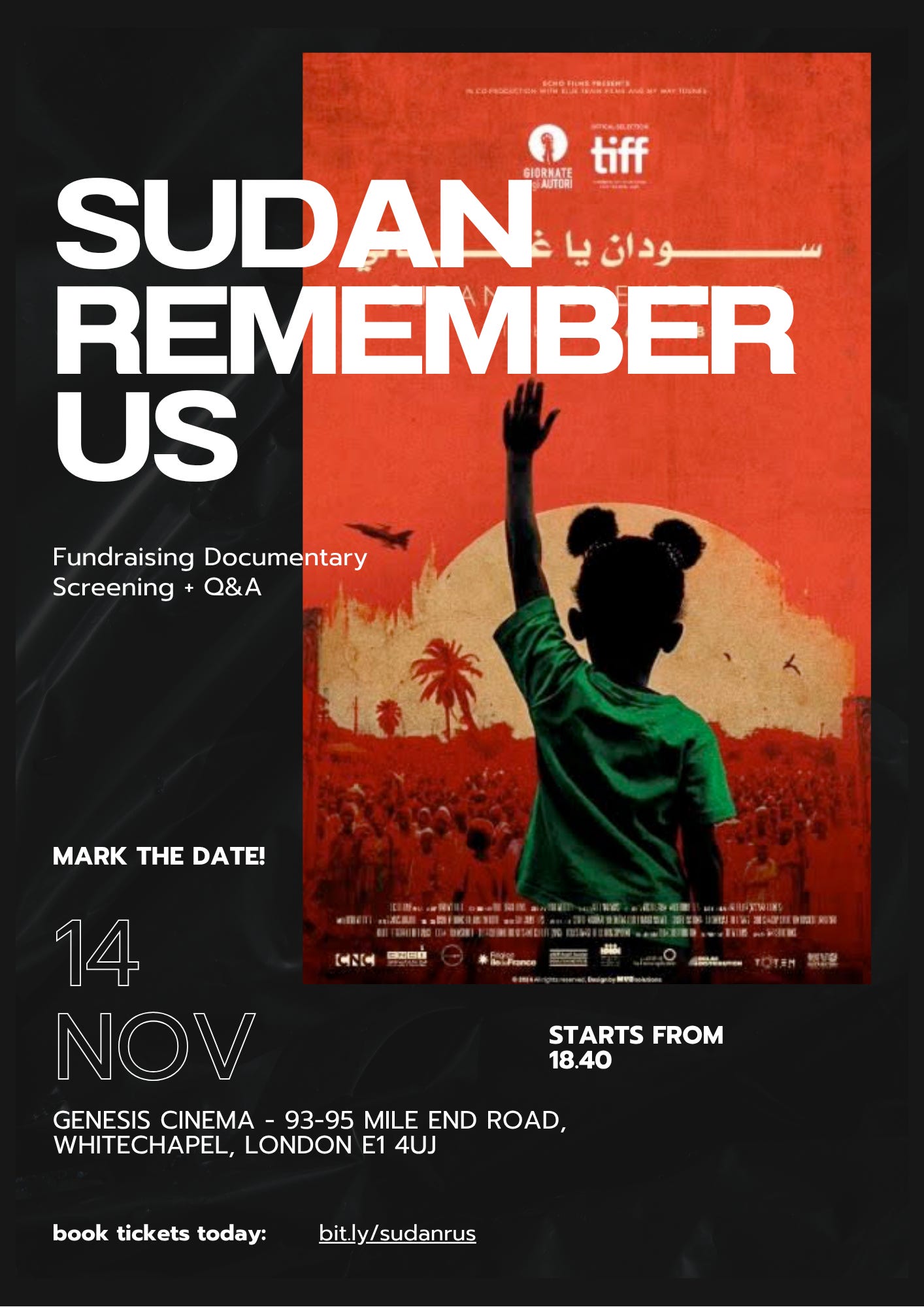Hello, dear readers.
It’s cold in London again, and dare I say, I love it (My friend
is shuddering at that statement, I know it!). There is something about grey London that feels like the city is returning to its truest self, the sunny days of the short summer discarded like a fancy dress costume after an exciting, but uncommon, night out. Cold London makes me want to write, it makes me want to create, it makes me want to sit down with multiple books and films and hot drinks with friends. It brings out a side of me I didn’t know I had when I lived in hot places.A friend pointed out to me recently that my entire career in the arts has been in London (or Europe, technically, since a year of it was in France). Isn’t that wild? It’s been eight years since I left Australia, and I built a whole new practice from scratch. You Must Be Layla, my first professional fictional project, and arguably creative work, was written in London. Specifically, in Second Home, the co-working space I fell in love with within months of my arrival. It makes sense to me that my writing practice developed in this city, although I’m realising now it feels inextricable from it. Maybe that’s why cold London makes me feel so creative, because that’s where I learned to be so.
A question for you: would you prefer this newsletter on a Sunday, or on a Monday morning?
I recently heard an author - quite a successful one, with all their books highly lauded and awarded - say that they didn’t consider themselves a writer, really. Or perhaps the word used was ‘author’. They said that not considering them ‘that’ gave them a freedom to be experimental. To do things an ‘author’ might not.
The statement annoyed me. It felt like a rejection of the title and because it felt patently untrue. This person was an author, and while they might not ‘feel’ like an author, or describe themselves as one, surely they objectively were one. Surely.
I was amused at my own irritation. I had been that person for years. A person who had published books (admittedly, none as commercially or critically successful, but still), and I did not refer to myself as a writer (certainly not an author). When had I become someone who rejected the title to someone who defended it? When had those sliding doors moved? The transition was so silent, so seamless, I did not notice until complete.
The goalposts have moved though. They always do. Now, they are about being a ‘good’ writer, working at the craft (one that I do still find confounding in its subjectivity) and striving to produce the best work that I can. There is a pleasure in that, not unlike the pleasure of carpentry or mechanics. You spend all your time chiseling and sanding and working away, and then at some point, the pieces come together, you step back, and you’ve created a thing. It might not yet work, might need tuning or varnishing or a complete overhaul, but it is a thing you brought into the world, and that is always something to be proud of.
What my annoyance at the successful author’s statement taught me was that I was no longer an amateur. I had left the shores of uncertainty and tentativeness and swum strongly into the unknown. I have learnt to ride the currents, to read the waves, to sense the winds and chart my own course. That does not mean I am not afraid. That does not mean it is not risky. But it means I have committed - certainly for now - and no longer need to hide behind denial. That distancing? It was always about protection. It was always me saying ‘I’m not sure I’m good enough to call myself this thing, because if I do, if I stake my claim, then I have to deal with the realities of it.’
There is a vulnerability in striking out, revealing your desire. But what is art without it?
There is a vulnerability in striking out, revealing your desire. But what is art without it?
I’m wondering if this space becomes more of a place to talk about things I’m reading and watching in an honest way, not simply a roundup of recommendations, but something more critical, more engaged, perhaps even more risky - opinions that I wouldn’t tweet, but would talk about at a dinner table. I’m considering this, but I’m also considering what it is to talk about the work of my peers, or those who are still creating, those who have done a vulnerable thing. I don’t know yet whether or not it’s worth it. Perhaps that is what a paywall can be useful for? What do you think?
That said, I saw Dreamers at the London Film Festival and can highly recommend it. A love story set in an immigration detention center here in the UK. Profound, tender and moving, it will be out in cinemas in December.
I’m also watching House of Guinness, which I’m thoroughly enjoying. Think Peaky Blinders meets Succession if it was a British soap/telenovella. On Netflix.
Lastly, a remind that if you’re in London, I’m hosting a fundraising screening of this incredible documentary on the 14th of November. Please come through. Tickets here, and if you can’t attend but would like to donate to folks facing famine in Sudan, please donate here.
Right. That’s all from me this weekend, folks. Sending love, as always.
Yassmin






Welcome back Yassmin 🙏 I envy the autumnal cold.
I like the idea of dinner table conversations. Some posts open some closed. Looking forward to an Australian launch!